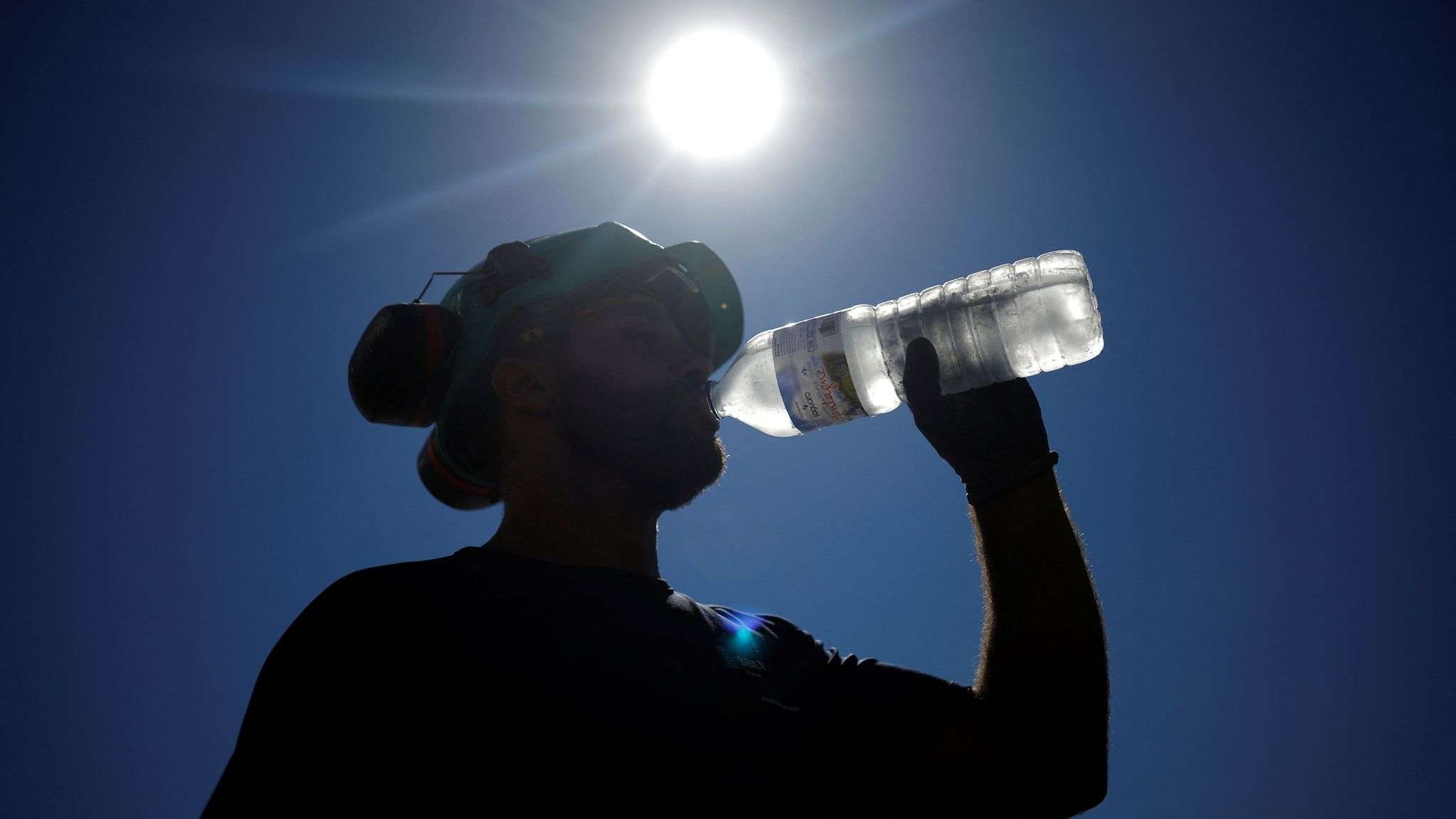In recent years, the UK has experienced a notable increase in the frequency of very hot days, defined as days when temperatures reach or exceed 30°C (86°F). According to a recent study conducted by the Met Office, the number of such days has tripled compared to historical averages. This trend is a significant indicator of the broader impacts of climate change on the UK’s weather patterns, with profound implications for public health, infrastructure, and the environment.
The data gathered by the Met Office reveal a stark increase in the occurrence of very hot days across the UK. Historically, the UK has not been known for extreme heat, with its temperate climate characterized by mild summers and winters. However, the recent findings suggest a shift towards more frequent and intense heat events. The increase from an average of a few very hot days per year to over ten in recent years marks a dramatic change in the UK’s climate profile.
Several factors contribute to this trend. Climate change, driven by increased concentrations of greenhouse gases in the atmosphere, is the primary driver. These gases trap heat, leading to a gradual rise in global temperatures. The UK, like many other regions, is experiencing the effects of this warming trend. The warming atmosphere can hold more moisture, leading to more intense weather patterns, including heatwaves. The urban heat island effect, where urban areas experience higher temperatures than their rural surroundings due to human activities and infrastructure, also exacerbates the situation, particularly in densely populated areas like London and Manchester.
The implications of this trend are significant. Public health concerns are paramount, as very hot days increase the risk of heat-related illnesses, such as heatstroke and dehydration, especially among vulnerable populations like the elderly and those with pre-existing health conditions. The UK’s infrastructure, not traditionally built to withstand high temperatures, is also at risk. Railways, roads, and buildings may suffer from overheating, buckling, or other forms of heat-related damage. Moreover, the natural environment faces stress, with prolonged hot periods potentially leading to droughts, affecting water supply and agriculture.
These findings also underscore the importance of adapting to a changing climate. Urban planning, public health systems, and infrastructure development must consider the increasing frequency of extreme heat. Strategies such as improved insulation for buildings, better urban design to reduce heat absorption, and more robust public health warning systems can help mitigate the impact of rising temperatures.
In conclusion, the tripling of very hot days in the UK as identified by the Met Office highlights a significant and concerning trend linked to climate change. This shift towards more frequent and intense heatwaves poses challenges across various sectors, from public health to infrastructure and environmental conservation. As the climate continues to warm, it becomes increasingly crucial for the UK to implement strategies to adapt to and mitigate the impacts of these changes, ensuring resilience and safety for its population and natural environment.















































